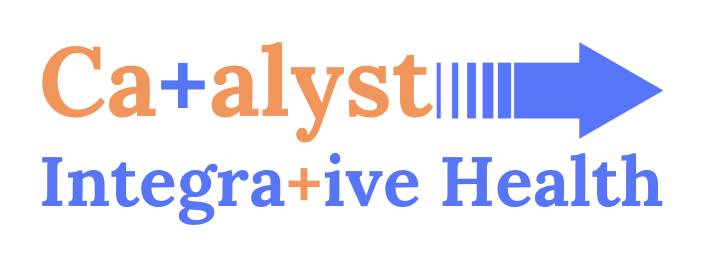
Biofeedback
-
Biofeedback is a process that provides information about our nervous system response: heart rate, respiratory rate, muscle tension, temperature change, and skin conductance (sweating). To obtain this information, you are connected to sensors and computer software provides this data, such as heart rate, in real time. We look at the baseline physiological activity, the changes when exposed to stressors, and the ability to self-regulate and return to baseline post-stressors. This data helps bring awareness to each unique individual and how their body responds to stressors. With daily practice, we can then incorporate tools and strategies that lead to a more desirable response to the outside world. A good example is providing support and developing strategies for someone that suffers from anxiety related to public speaking.
-
Some of the conditions biofeedback treats:
Addictions
Anxiety
Chronic Pain
Fibromyalgia
Hypertension
Insomnia
Raynaud’s Disease
ADD/ADHD
Asthma
Depression
Headaches
IBS
Motion Sickness
TMJ
-
In order to assess each unique individual, six one-hour weekly sessions are recommended initially.
Visit 1: Comprehensive appointment including chief concern, previous treatment, medical history, medications, etc.
Visit 2: Introduction to biofeedback software and completion of stress profile.
Visits 3: Review of stress profile results and presentation of treatment plan. Begin focused biofeedback practice.
Visits 4-6: Continued in-office practice, observation, and analysis.
After completion of six sessions, review progress and determine next course of action.
The process will involve recommended at-home practice in between sessions. Research shows that practicing 20 minutes twice daily provides the most effective, long-term change.
